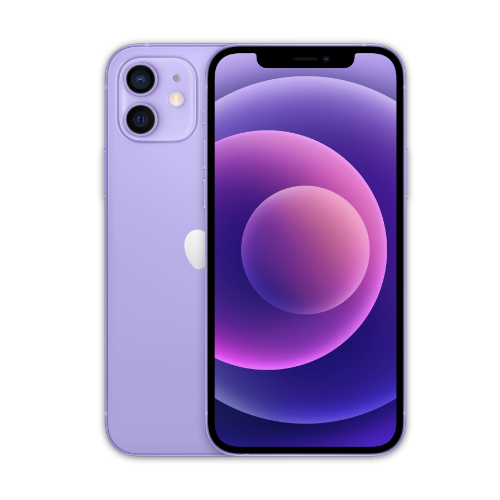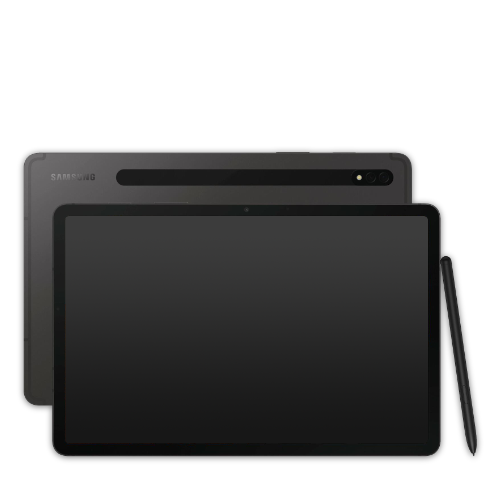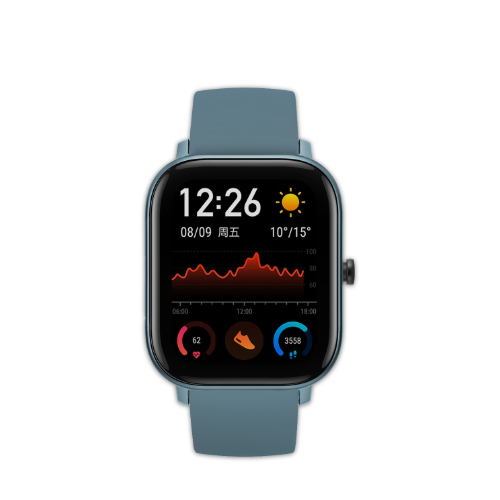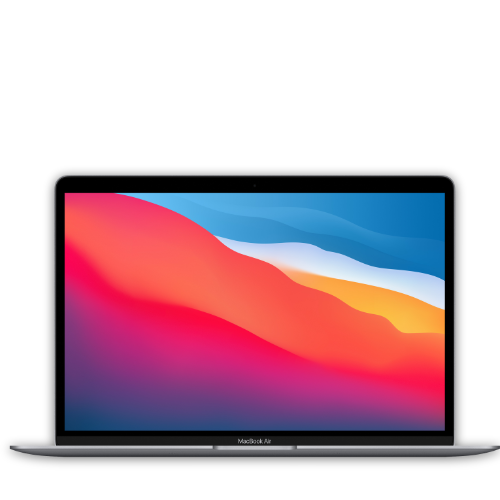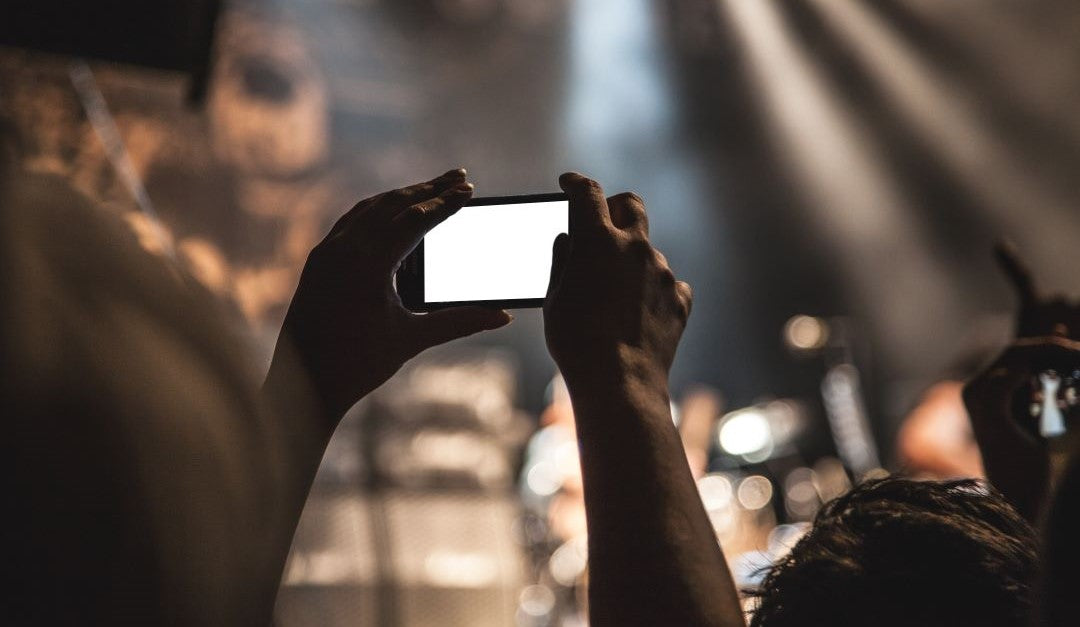The operating system plays a central role in mobile phones, as it determines the usability, functions and security of a device. In the smartphone world, there are currently two competing systems: Android versus iOS. Both systems shape our digital experience and do so in different ways.
In this article we look at the features of both operating systems and show you what the differences are. Starting from the type of system to the device selection. We want to give you a better overview for your next cell phone purchase. If you want to see our video on how to enable chat lock, please watch it here.
Android vs. iOS: Open or Closed Operating System
Both operating systems differ in terms of accessibility. Android is an open operating system. It is used by many manufacturers as a basis to individually design and customize their interface. The open source software makes it possible to modify and customize the user interface. This results in a wide range of hardware and software features.
In contrast, there is iOS, the operating system for Apple's iPhones. Unlike Android, iOS is a closed system and is therefore only available for Apple devices. iOS is known for its uniform user experience, which remains consistent across all devices. This means that you can quickly find your way around and use the iPhone well.
Premium or would you prefer a large selection of mobile phones?
Due to the openness of Android as an operating system, there is a wide range of Android smartphones on the market. These range from simply equipped budget phones to technologically advanced flagships. This variety allows users to find a smartphone that covers their needs and fits their budget.
Apple, on the other hand, focuses on an exclusive selection. The iPhones offer consistently high quality, even if there is less variety with Apple than with Android. These devices are also often more expensive than with Android.
Security comparison: flexibility versus exclusivity
There is also a difference between Android and iOS in terms of security. Android's open operating system allows for more flexibility, but makes the system more vulnerable to security risks such as malware. The challenge here lies in the variety of devices and customizations, which make a uniform security strategy difficult.
In contrast, Apple's operating system is a secure operating system due to Apple's exclusivity and strict control. This closed system offers fewer attack surfaces and guarantees a high level of security through regular and long-term updates.
Update guarantee in comparison: Long-term support for iPhones
Apple users generally enjoy between 5 and 7 years of update support, while Android users can expect 3 to 7 years. With Android, however, you are mainly dependent on the manufacturer of the phone. In addition, the up-to-dateness of iOS and Android smartphones plays a major role, as new devices are supported for a little longer than older smartphones.
Deep customization or intuitive design?
When it comes to personalizing their devices, Android and iOS mobile phone users have different options. Android offers extensive customization options.Users can customize the interface to their preferences with widgets, launchers and numerous settings.
iOS, on the other hand, focuses on simplicity and flawless device usability. The possibilities for personalization are more limited. However, they focus on functioning smoothly within the standardized Apple design. These limitations are deliberately chosen to ensure a consistent and intuitive user experience across all Apple devices.
Conclusion: Android or iOS – Which system is right for you?
Android is attractive because of its adaptability and wide range of devices. It is perfect for those who want to personalize their technology. Every user can find a smartphone that suits their needs and budget. iOS, on the other hand, impresses with a seamless, secure user experience and consistent quality. It is aimed at those who value reliability and an integrated ecosystem.
Recommendation
Ultimately, it's not about which system is best, but rather which one suits you best. If you're someone who values the ability to customize and wants to choose from a variety of devices to find exactly what fits your needs and budget, Android is the right choice for you.
On the other hand, if you value a seamless, secure and intuitive user experience and are willing to pay a higher price for it, iOS will meet your expectations. Ultimately, however, the choice of operating system depends on your personal preferences and requirements.

